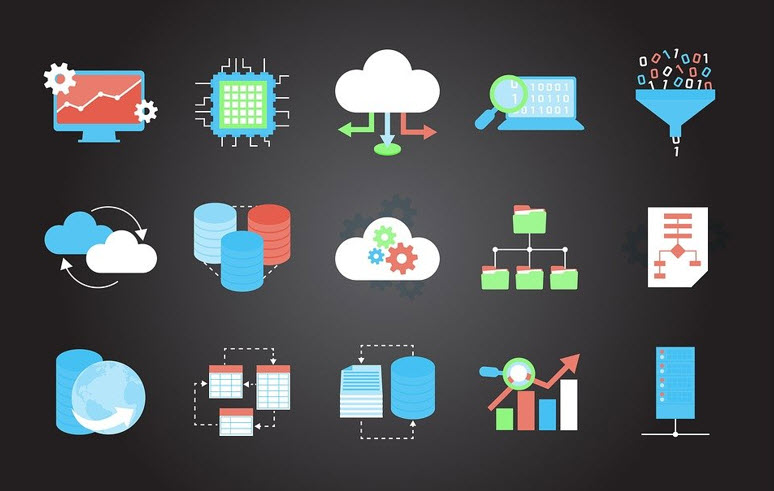In today’s world, data is one of the most important assets of many companies. However, managing and ensuring they comply with the regulations can be challenging. If you’re a business owner, you might need a data center that will provide you with the safety, security, and accessibility of files for more efficient operations. You can learn more about data centers on this webpage here.
A data center is a facility where computers and telecommunications equipment are housed. These places provide the infrastructure for hosting websites, running applications, and storing large chunks of files. These areas also play a critical role in large and small businesses.

What to Know about these Centers?
These facilities house computer systems and telecommunications equipment. They are essential for businesses of all sizes because they provide reliable, secure, and high-speed access to the internet, information, emails, and other corporate services.
Businesses use these centers to store their valuable files, run online operations, host customer service and sales functions, and more. They also use them to keep sensitive information confidential.
This place typically consists of hundreds or even thousands of computer systems and telecommunications equipment housed in environmentally controlled rooms. The room temperature is generally kept cool with specific humidity requirements. Power is supplied by an onsite generator or an external power supply, so there’s a backup when there’s an interruption from the main grid.
What are the Benefits of Having these?
Businesses need data centers to store their valuable data. A data center is a facility that houses computer systems and storage devices to facilitate the retrieval, use, maintenance, and analysis of information.
The benefits of having an exclusive space for IT infrastructure include reducing the time it takes to retrieve data, improving efficiency and productivity, and enhanced security. Additionally, the server in the facility can be used to support business-related applications such as marketing, accounting, and customer service. This is where they are becoming valuable to a lot of business owners. Other benefits are the following:
Get Higher Margins
Many businesses can grow and scale up when they invest in a tactical data center solution. The service providers now provide tailored solutions that don’t necessarily compromise the entire business process. When a company can expand, it can result in higher revenue margins and more customers.
Management and Storage of Files
Enterprises have an increasing need to store large chunks of data and keep pace with their customers’ transactions. The right center will be able to store and manage the files, especially if Cloud Computing is involved. It can meet higher demands and enhance the overall process that will help businesses become more efficient in no time.
Reduced Barriers
Some companies have so many departments and aspects that they need to manage on a daily basis. They will have to deal with capital expenditures which you can know more in this link here https://www.investopedia.com/terms/c/capitalexpenditure.asp, investment plans, and customer requests from time to time.
Others have different locations so they can cater to their customers faster. With a centralized storage facility, the different employees can access the same files and workflow and provide the right information to customers.
Different Types to Know About

Data centers are facilities used to house storage and other related technology. They can be found in a variety of shapes and sizes, and they come in a variety of types. Some of them are the following:
Enterprise – The company fully owns the enterprise types. Businesses tend to invest in heavy equipment, IT infrastructure, and personnel to host critical processes and applications to help them run smoothly. This also tends to process the internal data of the company.
Edge – Edge is a smaller version of the data center that caters to the end-users. Instead of investing in larger infrastructures, companies tend to have a smaller version to minimize instances of lag and latencies.
Colocation – The colocation is also called the carrier hotel. This is the type that enables the business owners to rent their bandwidth, space, and equipment from an actual company. Instead of renting cloud-based applications on a virtual provider, they just get the straight-up hardware from specific companies to get them started.
Micro Types – The micro data center is similar to the edge type, but this is on the extreme end of the spectrum. The space can be compared to that of an office room, and its primary role is to handle the information being processed in specific regions.
These areas are generally near the customers and the market to establish a reliable connection and prevent latencies. They are very efficient in meeting customer demands, and everything should be readily accessible.
Businesses need data centers to store their valuable files. This is especially true for companies that process large amounts of customer information or store sensitive company information. In addition, many businesses use their IT infrastructure to host their website and other online assets. These facilities can be located anywhere in the world, but they are usually built near major metropolitan areas to access electricity and other utilities easily.
